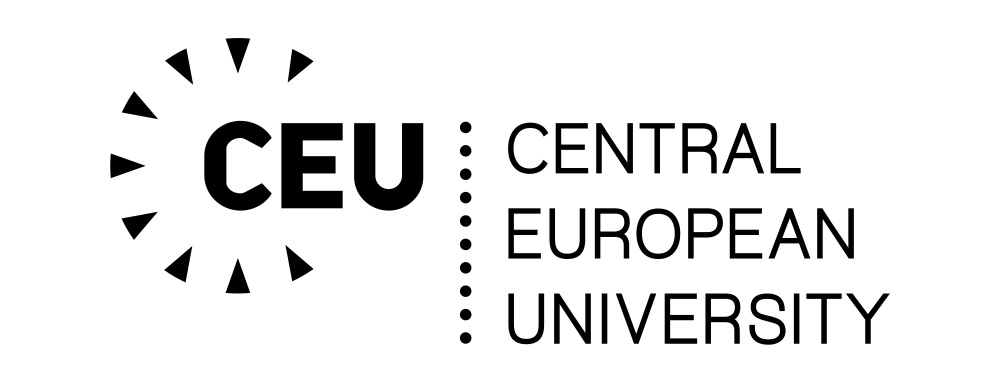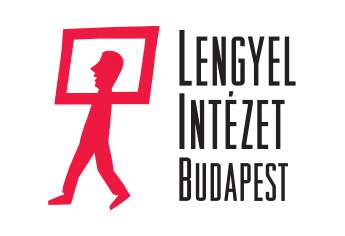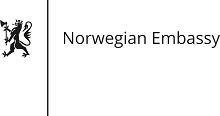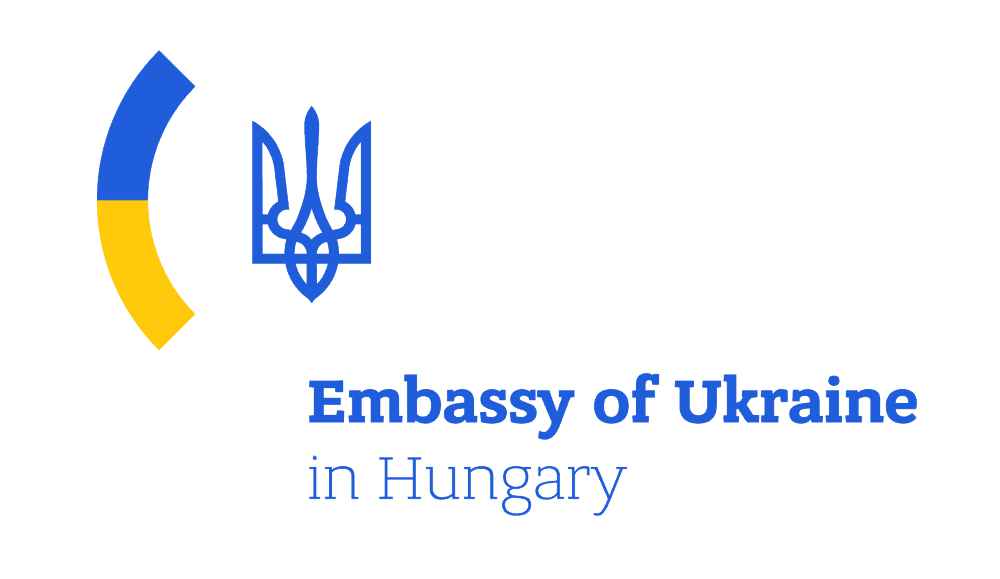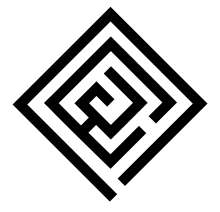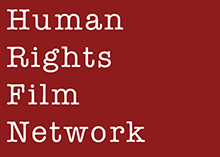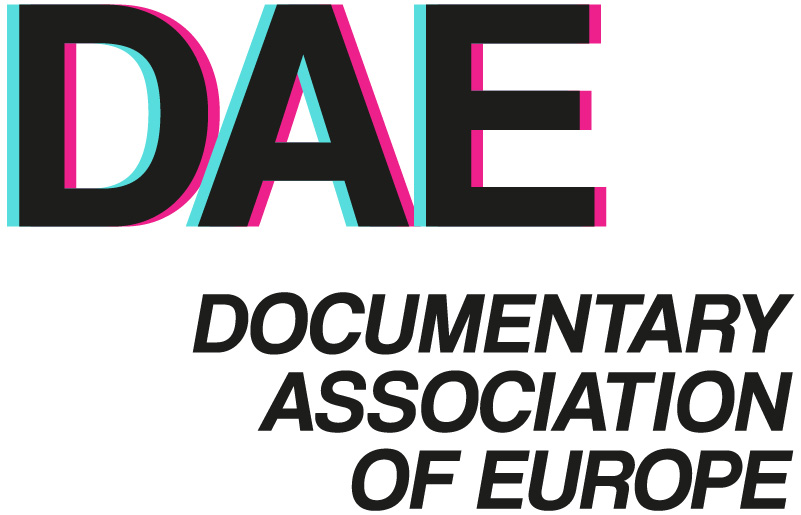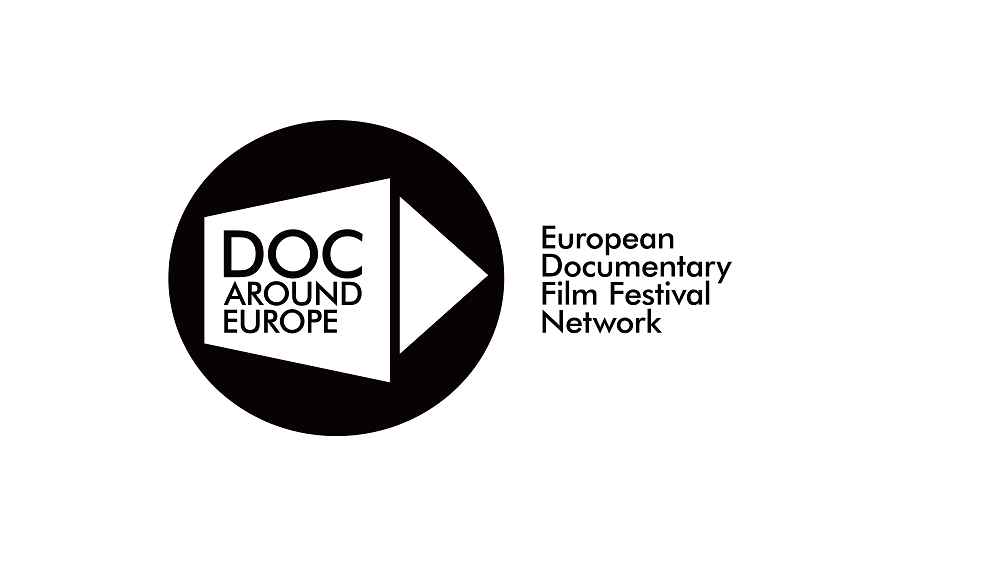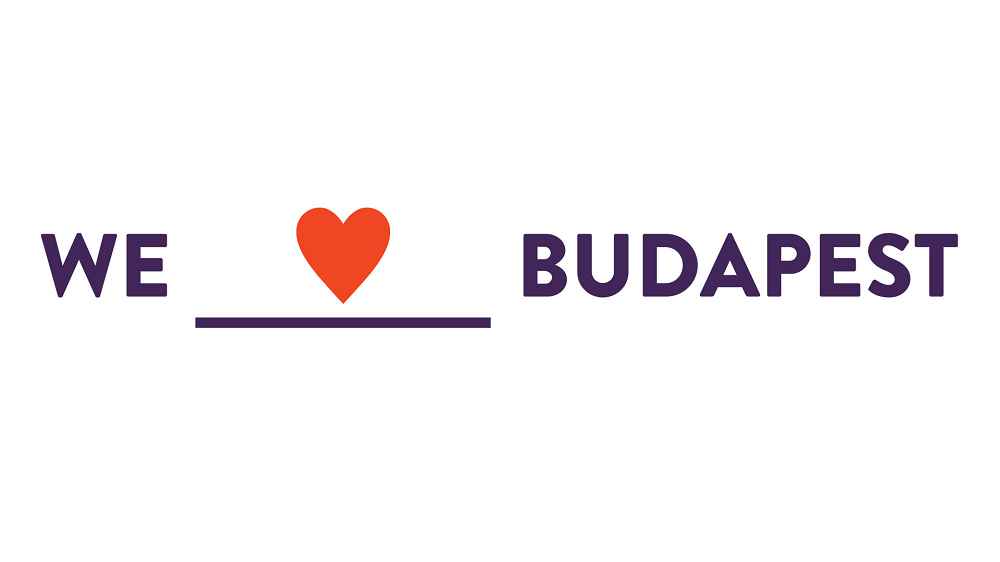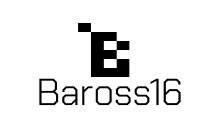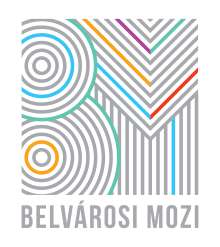Cutting Through Rocks: A woman’s ride toward freedom and change

Sara is an unconventional Iranian woman who breaks free from so-called “traditional” rules: she is assertive, lives alone and defends women's rights with an iron fist. Raised as the son her father never had in a village called Benzin, she learns at a very young age to do DIY, ride a motorcycle, and behave like a boy: that is, doing what she wants. Accustomed to more freedom than other girls her age, Shahverdi has no intention of giving up her privilege. She grows up convinced that being a woman does not define her role in society and her ability to accomplish great things, and she does not hesitate to shout it loud and clear to anyone who tries to reduce her to her gender. During a visit to a girls' class at a school, Sara advised them to avoid marrying young and to continue their studies as long as possible if they wanted to get ahead. “I would like to be a nurse,” said one student. Sara contradicted her and told her that she would be a doctor because one must always be ambitious and aim high, even if it means achieving less than expected. A year later, only five girls in the class remain unmarried. Yet all of them had raised their hands when Sara asked who wanted to continue their studies.
Divorced and in her forties, Sara has no children. However, she quickly takes Fereshteh under her wing. Like many other young women, she looks up to Sara with admiration and aspires to become like her. For the first time, a woman has been elected to the municipal council in one of hundreds of villages. Sara sows seeds of hope in the younger generation by showing that the impossible can become possible—after all, she is living proof of it. Thanks to this, they are beginning to envision a different future for themselves. Fereshteh was married at age 12 and is now trying to divorce a man who is more than 25 years older than her. With her parents' consent, Sara takes her in to help her improve her situation. Their relationship is touching, a bond develops, and a role model quickly emerges. Sara teaches her how to ride a motorcycle and explains her former profession as a midwife. Despite all her efforts, Fereshteh quickly ends up being remarried, a fate she did not choose and to which she was clearly opposed. This scene uses images of Sara's own forced marriage in parallel, which accentuates the fatality of their obligation and the pressure exerted on them.
One of Sara's strengths is her fearlessness. She charges headlong toward her goal: the fight for gender equality in Iran, without worrying about society's expectations and the so-called place she should occupy. She confronts her own brother, who is trying to exclude her and her sisters from their inheritance, by taking matters into her own hands and refusing to give up until she gets what she wants. This is just one example, but whenever she sees an opportunity, she makes injustice her own cause, and not everyone likes that. Indeed, some men in the village view her activism with disapproval. Like any advocate for change, she has her detractors who oppose her, her lifestyle, and her way of thinking. “Give girls shoes, but not paths.” Sara is fighting against beliefs that are difficult to shake, and this has even led to her receiving a complaint in which she must prove that she is indeed a biological woman in front of the court. Under the pretext that she wore men's clothing and spoke in a deep voice, this was enough of an excuse for men to make her life difficult and remove her as far as possible from the little power she had managed to obtain.
This documentary once again pays tribute to Iranian cinema through meticulous cinematography that pays close attention to detail, magnifying the beauty of tranquil landscapes. The camera captures natural light, giving every moment, even the smallest, a striking intensity of place. Following in the footsteps of Mohammad Rasoulof's film The Seed of the Sacred Fig, which addressed women's human rights, Cutting Through Rocks takes a further step in the struggle for women's place in contemporary Iranian society, where free women are considered a danger. Indeed, patriarchy is not only social: it is institutionalized. For example, husbands can forbid their wives from working or traveling, girls can be legally married from the age of 13, or even younger with the consent of a judge and their father, and not wearing a veil can lead to serious repercussions. By fighting for women to no longer be so dependent on their husbands and to be able to live independently, Sara becomes an emblematic feminist figure. Her journey aligns closely with the “Woman, Life, Freedom” movement that emerged in September 2022 following the death of Mahsa Amini.
“A motorcycle is like a human. It faces hardship sometimes. Life is like that.” The title “Cutting through rocks” takes on its full meaning when you watch the film. Although Sara remains optimistic in all circumstances, the film is punctuated by moments when she is seen pensive, sometimes overwhelmed by her powerlessness in the face of patriarchal society. While Sara has not won every battle, her impact is undeniable. She is slowly making her way through the stone, gently but surely, paving the way for others who will be brave enough to take up her torch. The documentary is a message of hope, showing that even if Sara cannot change everything overnight, she has started a movement that will continue to grow. “Sometimes, small steps are enough.”
The article was written within the framework of the 4th Verzió Young Documentary Film Critics Workshop. Tutor: Steve Rickinson.
